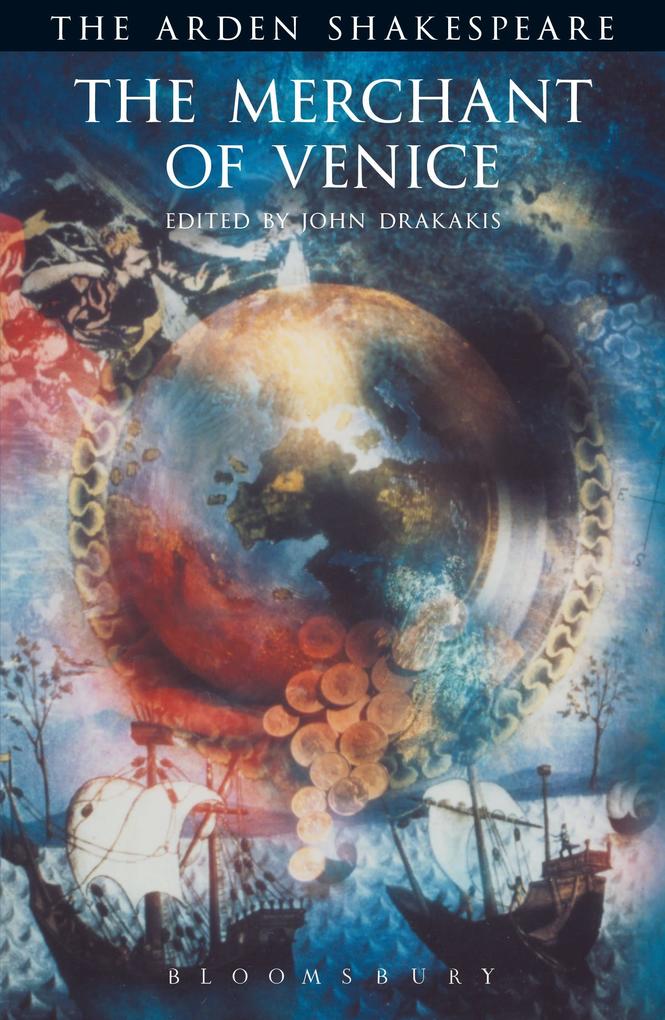
Zustellung: Mi, 23.04. - Fr, 25.04.
Sofort lieferbar
VersandkostenfreiBestellen & in Filiale abholen:
The Merchant of Venice is one of Shakespeare's most problematic plays, largely because of what is seen as its inherent anti-semitism. At the centre of the play is one of the most famous anti-heroes in Shakespeare: Shylock 'the Jew'. How to interpret Shylock baffles critics as they divide on whether Shakespeare is prejudiced or sympathetic.
The Merchant of Venice is one of Shakespeare's most problematic plays, largely because of what is seen as its inherent anti-semitism. At the centre of the play is one of the most famous anti-heroes in Shakespeare: Shylock 'the Jew'. How to interpret Shylock baffles critics as they divide on whether Shakespeare is prejudiced or sympathetic.
The Merchant of Venice is one of Shakespeare's most problematic plays, largely because of what is seen as its inherent anti-semitism. At the centre of the play is one of the most famous anti-heroes in Shakespeare: Shylock 'the Jew'. How to interpret Shylock baffles critics as they divide on whether Shakespeare is prejudiced or sympathetic.
The Merchant of Venice is perhaps most associated not with its titular hero, Antonio, but with the complex figure of the money lender, Shylock. The play was described as a comedy in the First Folio but its modern audiences find it more problematic to categorise. The vilification of Shylock 'the Jew' can be very uncomfortable for a post-holocaust audience and debates continue as to whether Shakespeare's portrayal of this complex man is sympathetic or anti-semitic.
John Drakakis' comprehensive introduction traces the stage history of the figure of the Jew and looks boldly at twenty-first century issues surrounding it. He also explores other themes of the play such as father/daughter relations, the power of money and the forceful character of Portia, to offer readers an energetic, original and revelatory reading of this challenging play.
Mehr aus dieser Reihe
Produktdetails
Erscheinungsdatum
15. Februar 2011
Sprache
englisch
Auflage
3rd edition
Seitenanzahl
XX
Reihe
The Arden Shakespeare Third Series
Autor/Autorin
William Shakespeare
Herausgegeben von
John Drakakis
Verlag/Hersteller
Originalsprache
englisch
Produktart
kartoniert
Abbildungen
20 illustrations in Introduction
Gewicht
514 g
Größe (L/B/H)
193/130/26 mm
ISBN
9781903436813
Entdecken Sie mehr
Bewertungen
LovelyBooks-Bewertung am 04.10.2019
Erstaunlich unterhaltsam, leicht und kurzweilig.
LovelyBooks-Bewertung am 10.03.2019
Nah... A bit of a disappointment.































